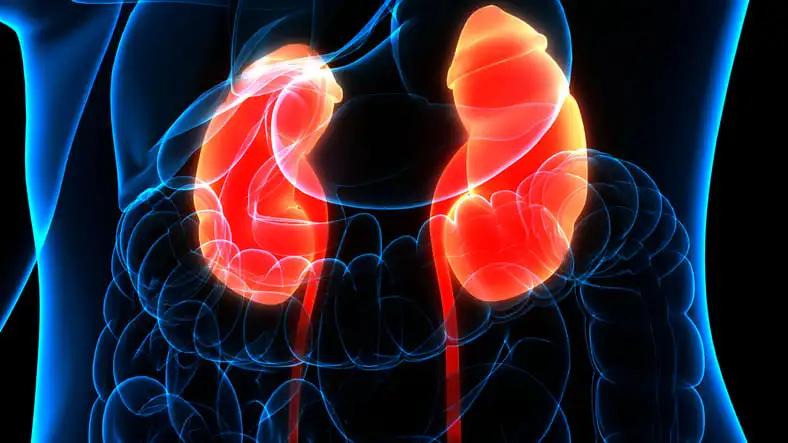KEY TAKEAWAYS
- The study aimed to assess PD-L1 expression’s predictive value for CPI therapy response and its relationship with bladder cancer progression.
- The results showed a statistical link between PD-L1 status, favorable tumor features, and better prognosis, which impacts CPI studies.
PD-L1 expression’s significance as a predictive parameter for immune checkpoint inhibitor (CPI) therapy response is prominent in urinary bladder cancer. However, data on its relationship with disease progression remain contentious and limited.
Henning Plage and the team conducted a study that aimed to investigate the predictive role of PD-L1 expression in urinary bladder cancer response to CPI therapy and its association with disease progression.
The study analyzed PD-L1 expression on tissue microarrays, including 2710 urothelial bladder carcinomas. About 512 patients with follow-up data underwent radical cystectomy and follow-up therapies during the pre-CPI therapy era.
The results revealed that tumor cell positivity was observed in ≥10% of cells in 513 (20%) cases, while immune cell positivity occurred in 872 (34%) of the 2566 interpretable cancers. PD-L1 positivity in tumor cells increased from pTaG2 low grade (0.9% positive) to pTaG3 high grade (4.1%; P= 0.0255) and was even higher in muscle-invasive (pT2-4) carcinomas (29.3%; P< 0.0001).
However, within pT2-4 carcinomas, PD-L1 positivity was associated with low pT stage (P= 0.0028), pN0 (P< 0.0001), L0 status (P= 0.0005), and a better prognosis among the 512 patients who underwent cystectomy and never received CPIs (P= 0.0073 for tumor cells and P= 0.0086 for inflammatory cells). PD-L1 staining in inflammatory cells significantly correlated with PD-L1 staining in tumor cells (P< 0.0001), and both were linked to positive p53 immunostaining (P< 0.0001).
The study concluded that the robust statistical association between PD-L1 status, favorable tumor histology, and improved prognosis might impact the outcomes of CPI studies in muscle-invasive urothelial carcinoma.
Open Access funding facilitated and coordinated by Projekt DEAL.
Source: https://pubmed.ncbi.nlm.nih.gov/38658905/
Plage H, Furlano K, Hofbauer S, et al. (2024). “PD-L1 expression in tumor and inflammatory cells is associated with favorable tumor features and favorable prognosis in muscle-invasive urothelial carcinoma of the bladder not treated by immune checkpoint inhibitors.” BMC Urol. 2024 Apr 24;24(1):96. doi: 10.1186/s12894-024-01482-z. PMID: 38658905.



